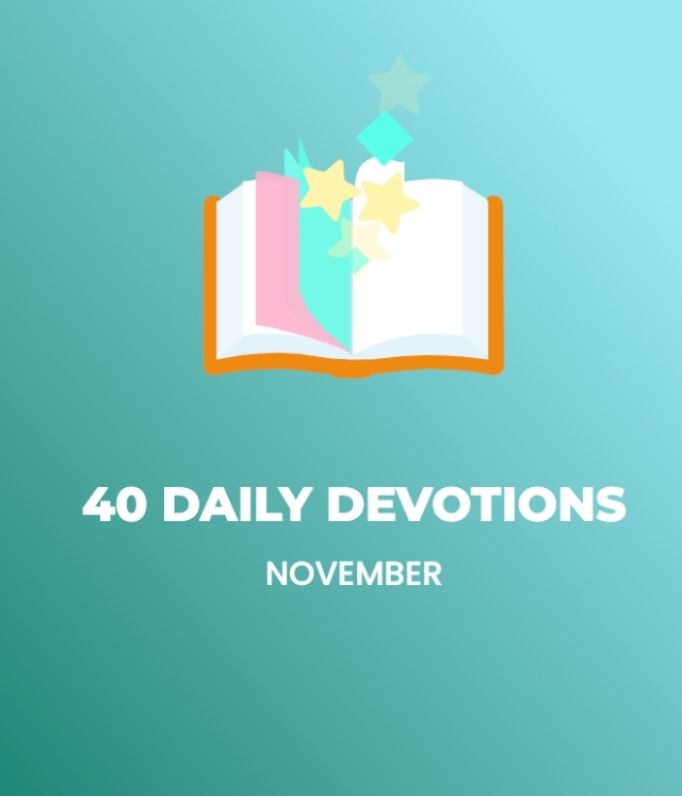HEARTS AFLAME: DIVINE COMMANDMENT AND PROVISION
Rhythm of Work and Rest
By TIMOTHY LIU

“Six days you shall labour, and do all your work, but the seventh day is a Sabbath to the Lord your God. On it you shall not do any work, you, or your son, or your daughter, your male servant, or your female servant, or your livestock, or the sojourner who is within your gates. For in six days the Lord made heaven and earth, the sea, and all that is in them, and rested on the seventh day. Therefore the Lord blessed the Sabbath day and made it holy.” – Exodus 20:9-11 (ESV).
The mood in the office was light as it was a Friday. “Thank God It’s Friday” (TGIF) is a common adage we hear as people look forward to getting some rest from the busyness of the week. After lunch, my colleagues sitting in the cafeteria were all chatting in anticipation of the coming weekend, a needed break from the work week, as they shared what they will be doing over the weekend.
It seems that this sentiment is the same for many Christians, etched in the fourth commandment, where work days appear to be nothing more than toil and necessary evil. Sermons usually focus on what we need to do on the Sabbath but never quite teach what we need to do on the other six days. How do we get this notion?
It probably comes through our own experience with work on a daily basis. We all want to do a good job at work. However, we face difficult colleagues, unfortunate circumstances, and barriers such as red tape or misaligned priorities etc. There is this sense of toil and hardship that is affirmed in the narrative of Genesis 3 when we read about the nature of work in the account of the fall, where “by the sweat of your face you shall eat bread”.
However, the command in verse 9 to “work six days and do all your work” is as much a part of the fourth command as it is for us to rest on the Sabbath. The rhythm to be engaged in the active life and rest in the contemplative, can be summed up in the phrase “ora et labora” (pray and work).
Work was a daily unending process in Egypt when the Israelites were enslaved and exploited. God does not want that kind of exploitation under His rule as their God King in the Promised Land and His new Shalom society. Unfortunately, we still see this today in some industries such as fishing boats or laundry services or construction work where labourers are underpaid and exploited in enslaved environments.
As we are commanded to rest, yet, the fourth commandment does not negate the virtue and value of work. Rather, God commanded His people to be meaningfully and purposefully engaged in work six days of the week. It is working while keeping in mind that God is the ultimate provider. Rather than striving in life to make ends meet, we are to trust God who is our Provider for all of our needs. Therefore, despite the brokenness, troubles and challenges we face at work and in life, we can enjoy the rhythm of both purposeful work and restful communion that He has graciously commanded us.
ABOUT THE AUTHOR :
MR TIMOTHY LIU is the CEO of a charity in Singapore and has served in leadership roles of Christian organisations including as the global catalyst for marketplace ministry for the Lausanne movement.
SCGM 40TH ANNIVERSARY DEVOTIONAL CAMPAIGN
40 FRiends of SCGM have been invited to take part in our 40-Day Devotional Project to help raise funds for SCGM’s 40th Anniversary. Each day starting 20 November 2020 to 31 December 2020, SCGM will publish one devotion written by our 40 FRiends in our FundRaising effort and celebration of God’s goodness and provision over the last 40 years!
Through their devotional reflections, we pray that our FRiends of SCGM40 will bless and encourage many to reflect upon God’s Presence, Protection, Provision, Purification and Power in Missions.

